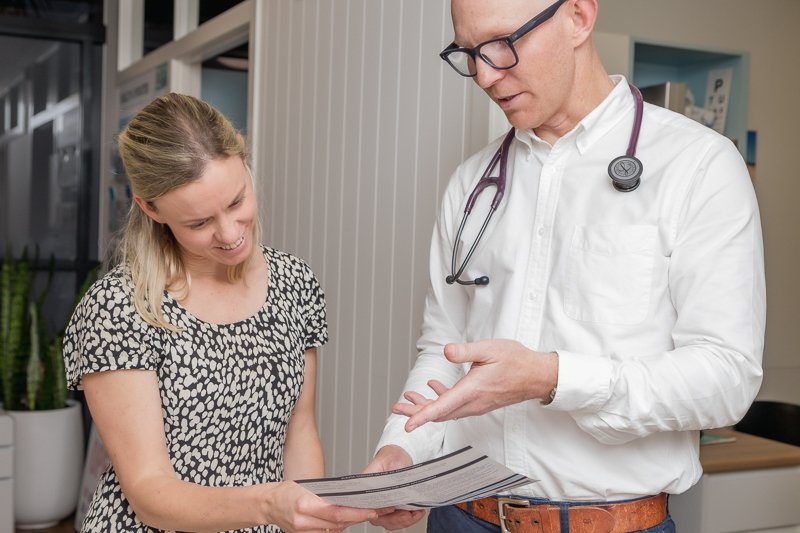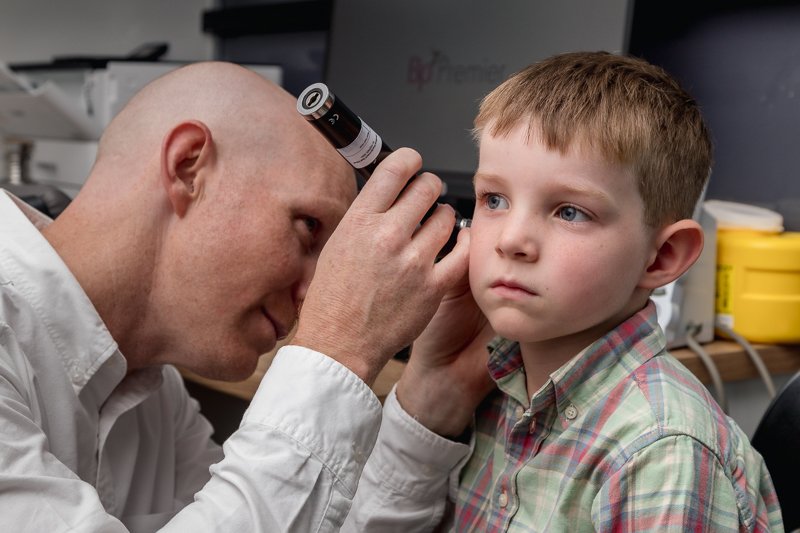Sexual health is an important part of your overall health. It’s about protecting yourself from infections like chlamydia, herpes, HPV and gonorrhea, to name just a few.
You can be infected without showing any symptoms, which is why it’s important to think carefully about who you have sex with and to be tested regularly.
These days, you also need to remember that COVID-19 spreads through close contact between people – and sex is as close as it gets!
There are several ways to look after yourself so you can enjoy a healthy sex life. At Peregian Family Medical Centre, we’re here to look after all aspects of your health, including your sexual health.
Your Sexual Health Guide: Chlamydia, Herpes, HPV and More
The number of new COVID-19 cases is no longer climbing alarmingly day after day, schools are open, you’re allowed to roam a bit more freely and you can have your mates over again.
As Australia slowly emerges from lockdown, it’s tempting to behave as if COVID-19 has been thoroughly beaten. It would be so very easy to slip back into your old, familiar patterns of living. That’s a big risk though. We can’t get complacent about COVID-19.
What is Sexual Health?
Sexual health covers a few things. It’s about protecting yourself and your partner from sexually transmitted infections (STIs) like chlamydia, herpes and HPV. That’s mainly done by practising safer sex, taking part in screening programs and getting tested.
Sexual health is also about healthy and respectful relationships. You should be able to enjoy your sex life, not feel pressured into doing things you don’t want to do. In a healthy relationship, your partner respects your choices, even if they don’t like them.
Safe Sex or Safer Sex?
Health professionals used to talk of ‘safe sex’ but the language has changed because, unless this is the only sexual relationship that either of you have ever been in, sexual activity usually carries some risk.
Risk is a part of life. It’s risky to drive a car or swim in the ocean. So we take steps to reduce the risk like wearing a seat belt or swimming between the flags.
It’s the same with sex. If it’s not completely safe, at least we can make it safer.
Safer sex means:
● Limiting your sexual activity to only one partner who is only having sex with you so you’re less likely to be exposed to an infection
● Using a condom or another barrier to prevent you and your partner exchanging body fluids like blood, semen or vaginal fluids when you have sex together.
A condom fits over a man’s penis and catches his semen when he comes. A dental dam is a thin piece of latex that goes over the genital or anus before oral sex.
Condoms and dental dams create a barrier between you and your partner that prevents fluids being exchanged and so reduces the risk of STIs including chlamydia, gonorrhoea, syphilis, HIV, and some types of hepatitis.
How Do I Stay Safe(r)?
Here are some ways to protect yourself (and your partner):
1. Be careful who you have sex with – ideally, you’d know about someone’s sexual health and history before deciding whether or not to be intimate with them
2. Use latex condoms every time you have vaginal, anal or oral sex (use polyurethane condoms if you’re allergic to latex)
3. Have periodic tests for STIs
4. If you are worried about HIV exposure – please speak to us about PeEP.
5. If you’re a woman:
○ Don’t douche – it doesn’t protect against STIs and can, in some cases, spread an infection further into your body
○ Have regular cervical screening tests
6. Regularly check yourself and your partner for sores, blisters, rashes or discharge.
You’re more likely to engage in high-risk sexual behaviour if you’ve been drinking or taking drugs. So you need to consider those behaviours too.
Who Should Practice Safer Sex?
We all should.
If you’re sexually active, then you need to look after your sexual health, just like you look after other aspects of your health.
What Are The Symptoms of a Sexually Transmitted Infection?
Signs and symptoms of a sexually transmitted infection vary depending on the condition but commonly include sores, blisters, rashes or discharge.
Genital Herpes
You can get genital herpes through skin-to-skin contact with someone who has the herpes simplex virus (HSV), which causes outbreaks of blisters and sores on the genitals and around the anus,
You can’t always tell if someone has genital herpes though because, in between outbreaks, the virus settles down (but doesn’t go away).
Genital herpes can’t be cured, but it can be managed with medication.
Chlamydia
It’s easy to miss this common bacterial infection because it causes no symptoms in 50% of infected men and about 75% of infected women.
People who do have symptoms of chlamydia report pain when urinating, an unusual discharge from the genitals or rectum. Women may also notice bleeding between periods or after sex.
Chlamydia is most often easily treated with antibiotics. If it’s not diagnosed and treated, though, it can cause long-term problems like pelvic inflammatory disease or infertility.
HPV
Certain types of the human papilloma virus (HPV) increase the risk of cervical cancer while others cause genital warts, annoying (but mostly harmless) bumps on your genitalia. Condoms reduce the risk of infection but don’t completely prevent it.
Genital warts may go away by themselves or can be treated by your doctor. Don’t use the same treatment you would use for warts elsewhere on your body.
If you’re a woman, then you should have a regular cervical screening test. The new test is designed to identify the high-risk types of HPV that cause cervical cancer.
Gonorrhea
Gonorrhea may not cause any visible symptoms making it hard to know that you’ve got it. When it’s not identified and treated, it can cause long-term problems like infertility, pelvic inflammatory disease and an increased risk of HIV.
Symptoms of gonorrhea (if you have any) include sore genitals, pain when urinating, Men may notice a yellow discharge from the penis while women may have abdominal cramps, bleeding between periods and pain during/after sex. Gonorrhea can also infect your throat or your anus.
If you’ve been diagnosed with gonorrhea, you’ll be treated with two types of antibiotic.
What About COVID-19?
COVID-19 is not defined as a sexually transmitted infection because it spreads through many forms of contact – but it can certainly be transmitted during sex. It’s easy to pass on infected droplets when you’re kissing someone or engaging in other forms of intimate physical contact.
So, what does a global pandemic mean for your sex life? That depends a bit on your situation.
Casual sex is riskier than ever just now so you’re best to consider whether this is for you. But if you’re in a stable relationship and spending more time than ever at home, your sex life might be more active than ever!
That said, if you or your partner have a cough, fever or any other symptoms of COVID-19, you should protect one another by not having sex until they’ve passed. And protect the rest of us by calling the National Coronavirus Helpline and getting tested.
What Should I Do If I Think I’ve Caught Something?
If you think you may have an STI, then you should see your doctor so you can be tested and treated. This is an important part of your health and your doctors are trained to help you manage it.
As you can see though, many STIs are silent infections that show no symptoms. That’s why it’s important to be tested regularly just in case you’ve picked something up.
How Can Peregian Medical Centre Help?
If you’re concerned about your sexual health, please make an appointment. Our caring doctors will listen without judgement and advise you on what to do next. That may include tests and treatment or finding ways to protect yourself in difficult situations.






